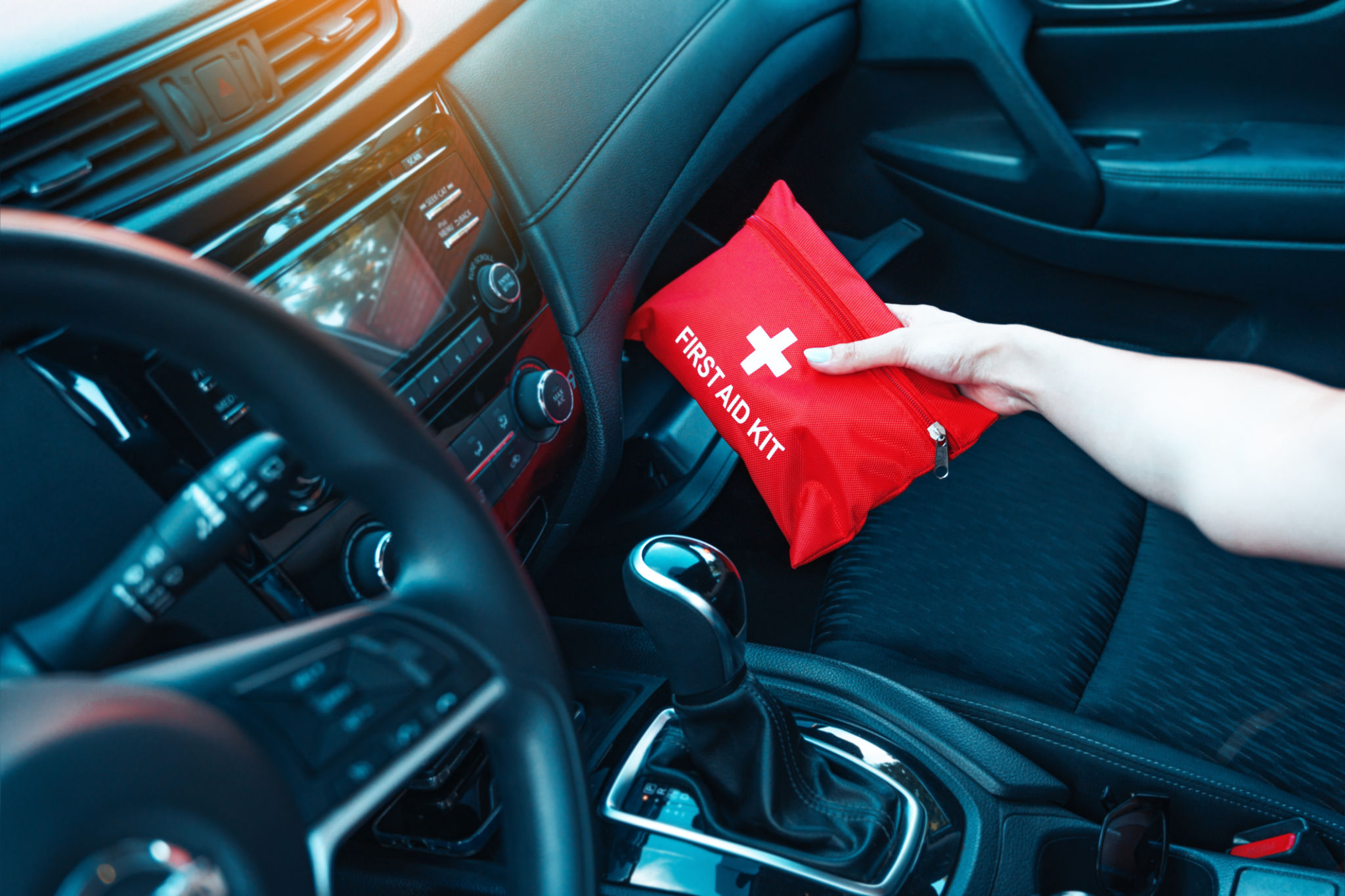Expert Tips for Handling Unexpected Roadside Emergencies
Preparation is Key
When it comes to handling roadside emergencies, preparation is your best ally. Unexpected breakdowns or issues can be stressful, but being prepared can make all the difference. Start by ensuring your vehicle is in optimal condition through regular maintenance. This includes checking the oil, brakes, and tire pressure. It's also wise to keep an emergency kit in your car, stocked with essentials such as a first aid kit, flashlight, batteries, and basic tools.
Additionally, consider investing in a roadside assistance membership. These services can provide peace of mind and practical help if you find yourself stuck on the side of the road. Understanding what your plan covers is crucial, so take time to familiarize yourself with the details.

Stay Safe and Visible
In the event of an emergency, your safety should be the top priority. If possible, pull your vehicle over to a safe location away from traffic. Turn on your hazard lights to alert other drivers of your situation. If it's safe to do so, place reflective triangles or flares behind your vehicle to increase visibility, especially at night or in poor weather conditions.
When exiting your vehicle, be cautious and aware of your surroundings. If you need to step outside, use the passenger side door to avoid oncoming traffic. Wearing a reflective vest can also enhance your visibility.

Diagnose the Problem
Once you're in a safe location, try to diagnose the problem if you feel confident doing so. Common issues include a flat tire, dead battery, or overheating engine. If you have the skills and necessary tools, you might be able to perform a quick fix. For instance, changing a flat tire or using jumper cables to start a dead battery.
If you’re unable to resolve the issue yourself, contact a professional for assistance. It's important not to push your limits if you're unsure about what to do. Attempting repairs without proper knowledge can sometimes worsen the situation or put you at risk.

Contacting Emergency Services
There are times when professional help is necessary. Make sure you have the contact information for roadside assistance programs or local towing services on hand. Many insurance companies offer roadside assistance as part of their policy benefits.
If you’re in a potentially dangerous situation or involved in an accident, don’t hesitate to call emergency services. Ensure you have your exact location details ready when calling for help, as this will expedite the process.
Keep Calm and Stay Informed
Remaining calm in an emergency can help you think clearly and make better decisions. Keep yourself informed about basic car troubleshooting techniques and what steps to take during various types of breakdowns. Knowledge is power, and a little preparation goes a long way in managing unexpected situations.
Consider taking a basic car maintenance workshop or watching tutorial videos online to expand your understanding of vehicle care and emergency response techniques.

Improvisation and Resourcefulness
Sometimes, emergencies require quick thinking and improvisation. For instance, if you're stranded in a remote area without cell service, you may need to rely on other drivers for assistance or walk to the nearest service station for help.
Being resourceful with what you have on hand can also make a significant difference. A simple trick like using duct tape for temporary fixes or a bottle of water to cool down an overheating engine can save you from a prolonged wait on the roadside.

Post-Emergency Measures
After navigating through the immediate emergency, it's important to take post-emergency measures. This includes reflecting on what happened and how it could be prevented in the future. Consider updating your emergency kit with items you wished you had during the ordeal.
If repairs were done temporarily, schedule an appointment with your mechanic to ensure everything is in proper working order. Regular follow-ups on your vehicle's health can prevent recurring issues.
